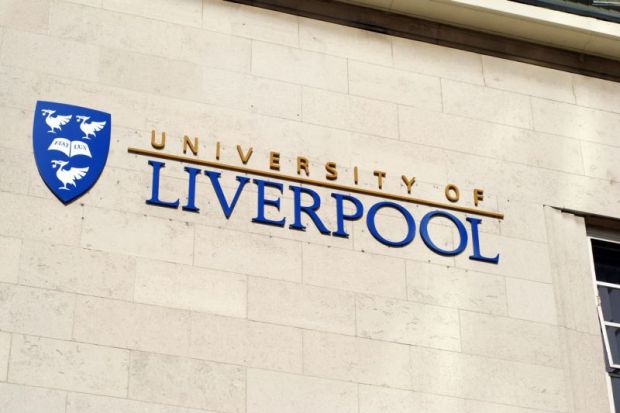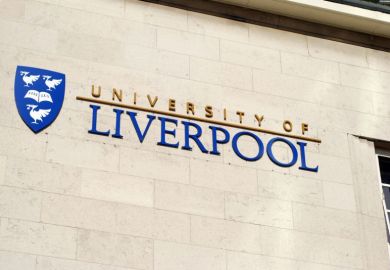The University of Liverpool has been hit with a global academic boycott by the University and College Union, as a row over redundancies becomes increasingly acrimonious.
UCU had not “greylisted” any institutions since 2016 until it took the action against the University of Leicester in May, also in a dispute over job cuts, and has now taken a similar step against Liverpool.
Twenty-one academics in Liverpool’s Faculty of Health and Life Sciences are set to lose their jobs as part of a restructure but the institution has faced heavy criticism for the criteria used to select at-risk staff, and disruption to grading as a result of a marking boycott. About 1,300 union members went on strike for three weeks in May and June, while the university is withholding the pay of staff who are refusing to take part in assessment.
Under the terms of the boycott, UCU is asking its members and other academics around the globe not to apply for jobs at Liverpool, to refuse to speak at conferences or events, to reject invitations to act as external examiners, and to stop collaborating on new research projects.
The union claimed that managers have refused to meet with them to resolve the dispute, or to allow mediation.
Anthony O’Hanlon, president of Liverpool’s UCU branch, said university leaders had “already faced widespread condemnation from the international academic community”.
“They have failed to heed those warnings and now face a major escalation of this dispute and damage to the university’s international reputation,” he said. “Senior leadership must realise they are not immune from criticism and they cannot treat their staff in such a despicable way, without expecting to face serious consequences.”
A demonstration against the job cuts was due to take place on 10 July. Originally 47 jobs were at risk, but the number has been revised down.
Liverpool said that the aim of the restructure was to “improve the overall research performance of our Faculty of Health and Life Sciences”. The university had “engaged in formal, extended and meaningful consultation, with all our trade unions, in respect of these proposals and in direct response to concerns raised by UCU during the consultation period, the university has modified its approach to selection, resulting in a considerable reduction in the number of academic staff at risk of redundancy”, a spokeswoman said.
“We strongly refute claims made that these redundancy proposals are discriminatory and unlawful,” she said.
“The university’s policies on change management/restructures and on redundancy have been agreed by all our trade unions and do not – and have never – included a commitment to no compulsory redundancy. It is disappointing, therefore, that UCU have chosen to criticise management colleagues for their alignment with such policies.
“The university continues to be clear that we do not make proposals of redundancy lightly and we recognise that it is difficult for those directly impacted. To help mitigate this and in response to consultation, the university has increased the already significant voluntary severance package on offer to colleagues who remain at risk of redundancy.”
The spokeswoman added that damaging the university via a boycott “cannot be in the best interests of UCU members, the wider university community and our students” and as such the university “continue[s] to urge UCU to reconsider this course of action”.
Register to continue
Why register?
- Registration is free and only takes a moment
- Once registered, you can read 3 articles a month
- Sign up for our newsletter
Subscribe
Or subscribe for unlimited access to:
- Unlimited access to news, views, insights & reviews
- Digital editions
- Digital access to THE’s university and college rankings analysis
Already registered or a current subscriber?







